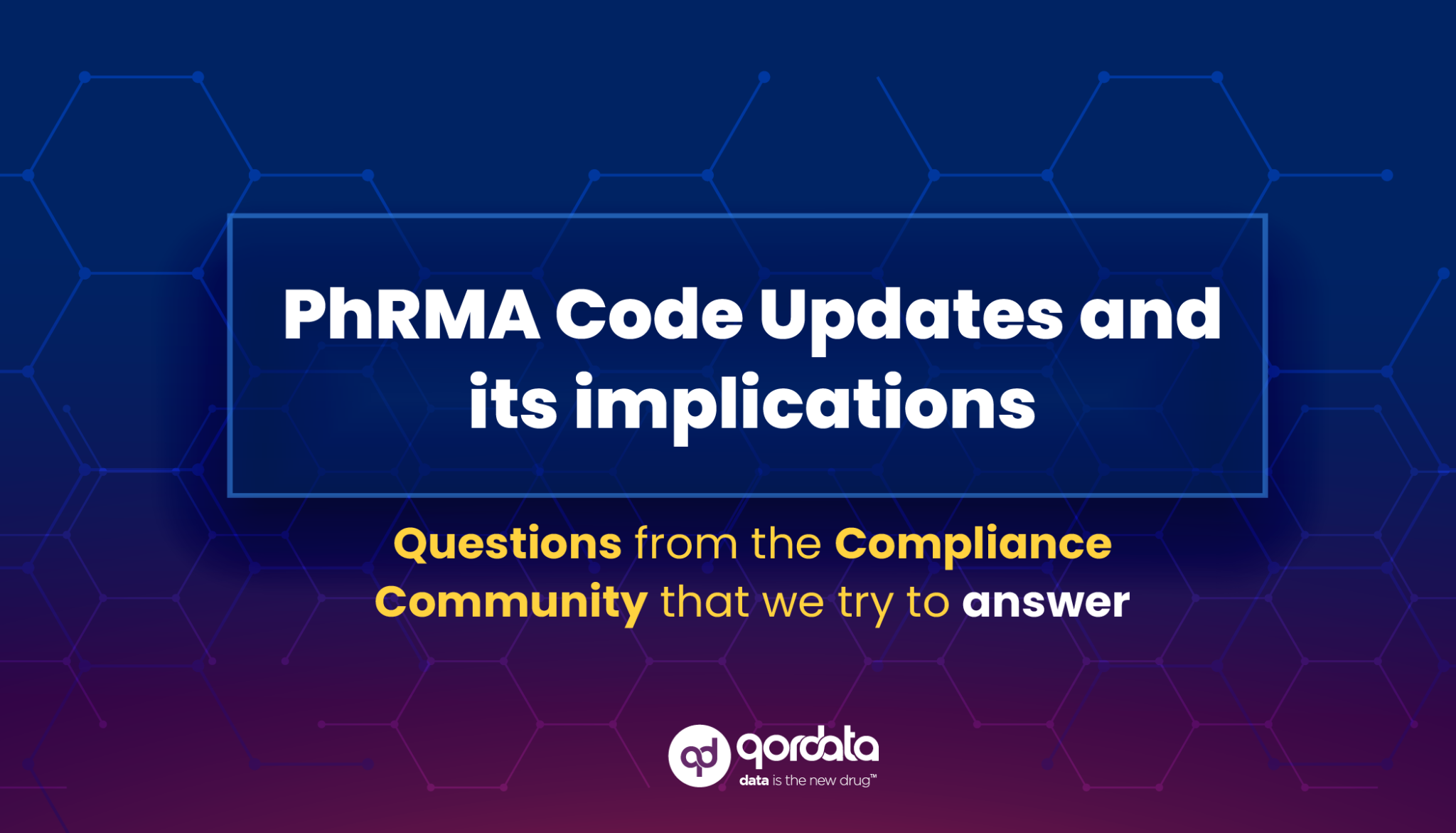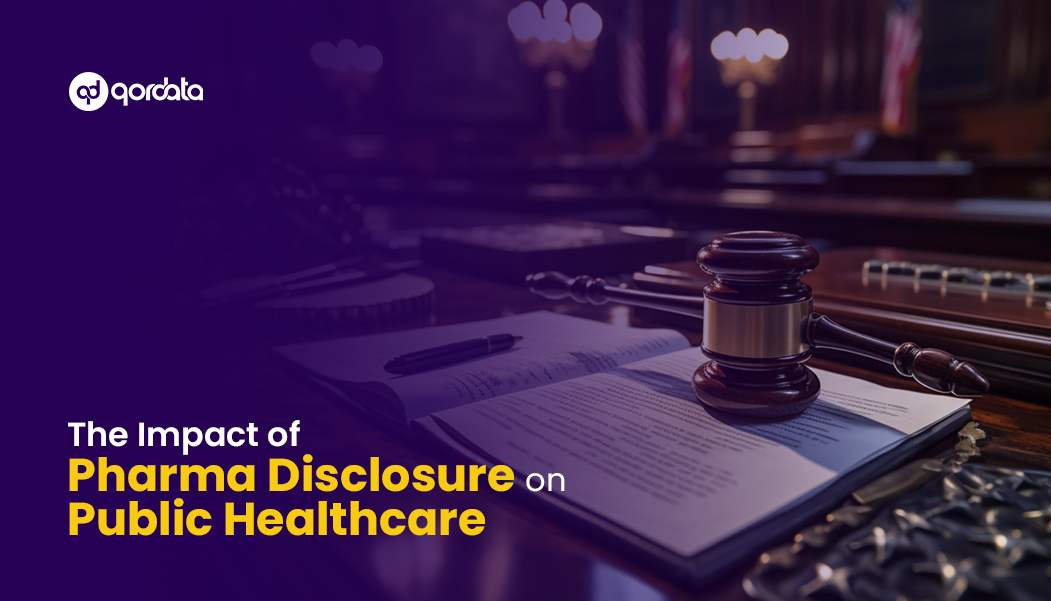Table of Contents
ToggleStrategic partnerships are more critical than ever in today’s hypercompetitive pharmaceutical and life sciences industry. A smaller life sciences company may have relationships with hundreds of healthcare providers and healthcare organizations. For larger manufacturers, that number can easily stretch into the tens of thousands. These scientific and commercial relationships are key to doing business for PLS companies.
Healthcare providers (HCPs) and healthcare organizations (HCOs) aid with scientific and market research, provide educational services through consulting and speaking engagements and work with Life Sciences companies on other activities.
These relationships also help actively develop therapies and improve awareness around emerging treatments for various diseases and disorders.
Unfortunately, these third-party relationships come with risks that can leave an organization prone to facing legal consequences. Conflicts of interest among Life Sciences companies, doctors, and patients are increasingly common, resulting in issues of off-label or unapproved promotion of products, drug safety violations—and even outright fraud.
This, in turn, has led to increased scrutiny of Life Sciences and HCP/HCO relationships and government regulations and calls for increased transparency.
The Challenges of Managing HCP Engagements
The regulatory risk landscape is one challenge in navigating relationships with HCPs/ HCOs. Yes—documenting and managing these partnerships is daunting.
But they’re part of the controls that promote much-needed transparency, accountability, and trust. For example, a pharma company must undergo a multistep process to engage with a doctor.
They need to verify the physician’s credentials, define the legitimate need for their services, determine a fair market value for their compensation, create and complete a contract with the provider, maintain defensible proof of services provided and manage the actual payments.
Other factors are driving the increasing complexities of these relationships, not the least of which is the globalized nature of HCP engagements. And playing on a global stage also means competing globally and pushing harder to expedite the development of vital therapies. Technology can help accelerate these developments and boost new ways of engaging with the HCP community, but finding the right tech tools to make this happen constructively brings its own challenges.
One obstacle is the lack of centralized tools for managing HCP/HCO relationships.
Most Life Sciences companies use a patchwork of various applications—largely off-the-shelf productivity programs like document, spreadsheet, and email applications—to manage a complicated set of more than 60 disclosure reports required by regulations stretching across more than 40 global regions.
Data-Driven Compliance Software Ensures Compliant HCP engagements
Life Sciences companies have expressed a clear need for a data-driven compliance solution to eliminate the patchwork of tools used to manage these scientific and commercial relationships haphazardly.
They need a single system that can centralize their global controls, processes, and data, scale with the needs of a growing pharma business, improve accountability, help address regulatory compliance and offer a real-time look at the business’s HCP and HCO relationship ecosystem.
A practical, automated interaction platform should:
-
Incorporate relevant business processes, compliance controls, and regulations globally.
-
Digitally track, manage, and monitor all HCP and HCO interactions from a single, central dashboard
-
Integrate with existing systems to provide end-to-end HCP engagement management to users
-
Offer built-in reporting capabilities that can be configured to the business’s specific needs
qordata’s HCP Engage management provides all of the capabilities mentioned above, along with some other imperative features that enable compliance professionals to ensure compliant third-party engagements.
Other Relevant Reads:



